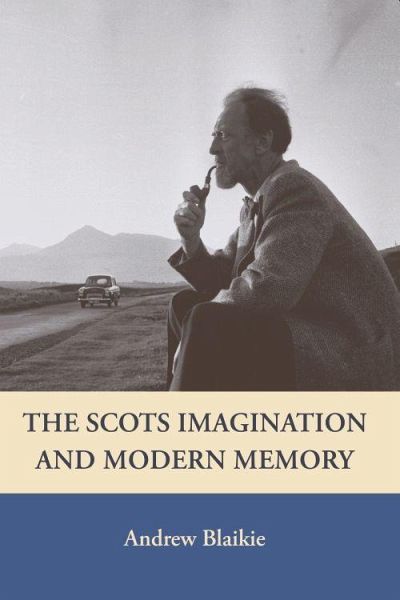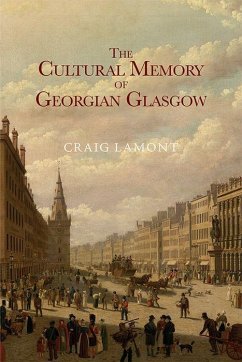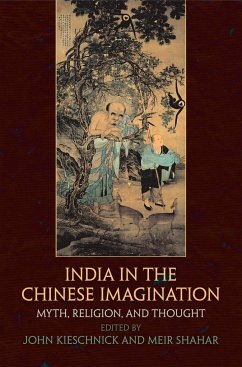Nicht lieferbar

The Scots Imagination and Modern Memory
Versandkostenfrei!
Nicht lieferbar
This highly original study explores how different, but connected ways of seeing infuse relationships between place and belonging. Its argument is that all memories, whether fleeting glimpses or elaborated narratives, necessarily invoke imagined pasts - tenement life, island cultures, vanished moralities, even the origins of social science. But do these multiple recollections share a common frame of reference? Are perceptions conditioned by a collective social imaginary? Visions of nation and community, from Adam Ferguson's ideas on the development of civil society through John Grierson's pione...
This highly original study explores how different, but connected ways of seeing infuse relationships between place and belonging. Its argument is that all memories, whether fleeting glimpses or elaborated narratives, necessarily invoke imagined pasts - tenement life, island cultures, vanished moralities, even the origins of social science. But do these multiple recollections share a common frame of reference? Are perceptions conditioned by a collective social imaginary? Visions of nation and community, from Adam Ferguson's ideas on the development of civil society through John Grierson's pioneering of documentary film to the structures of feeling in popular fiction, reflect the impact of modernity on Scottish culture since the late eighteenth century. While landscape as the symbolic 'face of Scotland' and its attendant mental contours have been produced and debated in many genres, including travel literature, social commentary, novels and magazines, changes in the means of capturing and presenting images, particularly the emergent possibilities of the photograph, have affected the ways we identify and remember. The analysis adopts a broadly sociological approach, but its range lends equal appeal to social historians, cultural geographers, and particularly those pursuing visual or memory studies. Key Features *Analyses relationships between memory and local and national identities *Interpretive connections provide links between sociology, history, cultural geography and visual studies *Contains 25 black and white illustrations and numerous case studies Andrew Blaikie is Professor of Historical Sociology at the University of Aberdeen. His publications include Illegitimacy, Sex and Society: Northeast Scotland, 1750-1900 (1994) and Ageing and Popular Culture (1999). He is co-editor of the journal Cultural Sociology.













